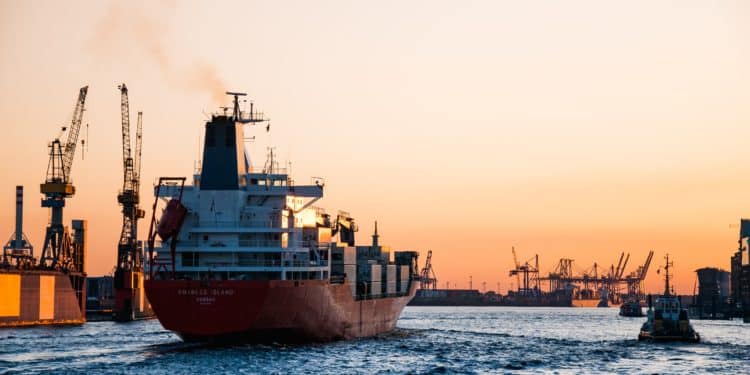Whistleblowers play a big role in rooting out corporate crime and government misdeeds that take place behind closed doors. They also have a role in flagging environmental crimes that happen out-of-site on the high seas.
 On April 16, a panel of environmentalists, advocates and lawyers will discuss marine pollution laws and the role private citizens and whistleblowers play in the detecting off-shore crimes. The webinar will cover both the benefits and challenges of using “unconventional actors” in marine law compliance efforts.
On April 16, a panel of environmentalists, advocates and lawyers will discuss marine pollution laws and the role private citizens and whistleblowers play in the detecting off-shore crimes. The webinar will cover both the benefits and challenges of using “unconventional actors” in marine law compliance efforts.
Event sponsors include the Environmental Law Institute, the International Network for Environmental Compliance and Enforcement (INECE) and National Whistleblower Center (NWC).
The groups note on website for the event that it is part of an ongoing series of discussions examining “how whistleblower laws, emerging technologies, and citizen engagement are transforming the landscape of environmental enforcement today. The series aims to build capacity among government agencies, non-profit organizations and individuals about whistleblower considerations.”
The series will also examine the power of new technologies and existing laws “to support environmental defenders and encourage environmental whistleblowing.”
The National Whistleblower Center reports that, in the past 24 years, whistleblowers aided in over 75% of successful cases brought under Act to Prevent Pollution from Ships (APPS), an important law for combating marine pollution.

The NWC notes on its website that APPS “applies to all U.S.-flagged vessels and to all vessels, including foreign-flagged vessels, at the port under U.S. jurisdiction or operating in the navigable waters of the United States. Violations of APPS include discharges above the permitted level of oil and oily water; dumping noxious liquid substances; improper disposal of garbage; and emissions of certain air pollutants.”
The NWC reviewed 100 recent cases prosecuted under APPS and calculated that whistleblowers helped the U.S. government collect more than $177 million in sanctions. The courts have ordered over $63 million be used for fighting ocean pollution.
Panelists:
Xiao Recio-Blanco, Director of Ocean Program, Environmental Law Institute, Managing Director, INECE Secretariat, Moderator
Stephen Kohn, Chair of the Board, National Whistleblower Center
Joseph Poux, Deputy Chief, Environmental Crimes Section of Department of Justice, Chair, INTERPOL Pollution Crime Working Group


